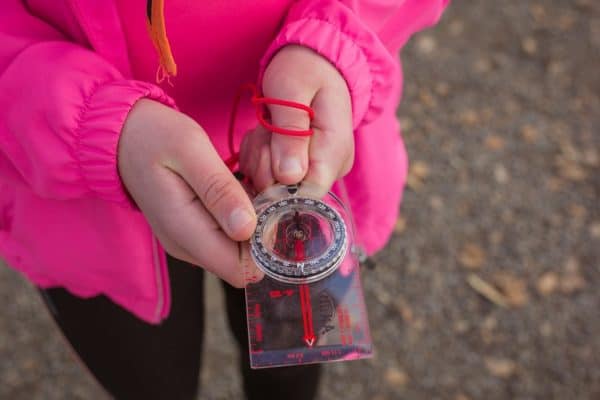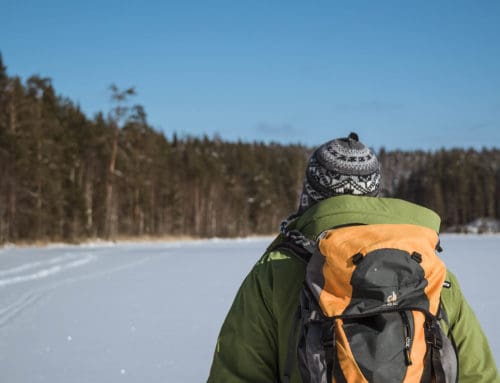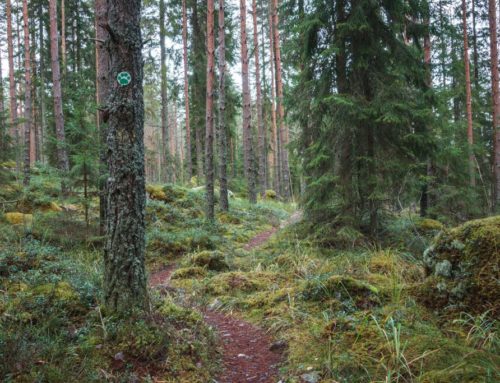Campcraft – what is it good for anymore?
Why would a modern man or woman need fire making or woodworking skills? Wouldn’t it be more important to know how to create a Snapchat profile or how to vote?
Let’s back up a bit
At the Guides and Scouts of Finland we teach children and youths civics. We are an organisation that’s over a hundred years old, and thus our educational content has also changed along with society.
At the beginning of the 20th century, the guide and scout movement taught management and military skills. The world was changing and societies were unstable. It was therefore important to understand how to act in an exceptional situation, how to lead a group, how to make camp and get food from nature.
In the 1960s, there was a boost in agriculture and it became more efficient. At the time, the Finnish scouts’ badge tasks included chicken farming and calf care. Wilderness skills and cooking were also still important parts of the education provided by the Guides and Scouts – it was the Cold War period after all.

Today, in the 2010s, our programme involves a lot of digital and media skills as well as social skills. We practise sending e-mails with the smaller ones and learn what it’s like to be interviewed with the bigger guides and scouts. We also practise writing opinion pieces and discuss why it’s important to vote.
And we still teach wilderness skills and campcraft. Why on earth is that? Do today’s people still need them? If the scouting programme has done away with tracking game and chicken farming, why does it still teach knife skills, fire making, camping and nature awareness?
Wilderness skills are an integral part of scouting
Why are wilderness skills still taught in the guides and scouts? The answer is two-fold.
Firstly, wilderness skills are experiential experiences. Today’s children or youths are rarely able to sit in a lean-to and listen to the birds singing in the spring morning or to see morning mist on the side of the field in September. Few people have the opportunity to experience how it feels make a fire on a winter evening or what it’s like to cook food on a camp cooker.
Secondly, experiences gained in nature strengthen the resilience of children and youths, that is, their mental ability to survive and recover. The future can be unpredictable and change rapidly, which is why we want to teach children to manage and show initiative.

There are many children and youths whose strengths do not emerge at home or at school. Home and school environments only let them show one side of themselves and may leave their best assets hidden. In the worst case, these children and youths are left completely without experiences of success: their strengths do not lie in physical activities, mathematics, their mother tongue, outdoor games or domestic chores.
However, scouting may provide new types of leadership or coping situations, which the young person is able to take care of without skipping a beat. For many people, personal strengths lie in social skills, group management and creative problem solving. Scouting allows people who possess these abilities to come into their own.
If you want to support the resilience of a child or youth, take them into the forest. Give them experiences of coping and strength that they won’t get elsewhere.
The author Katleena Kortesuo is a member of Jaarlin Pojat and an active scout leader who has led children and youth groups from the age of 14.




Leave A Comment
You must be logged in to post a comment.